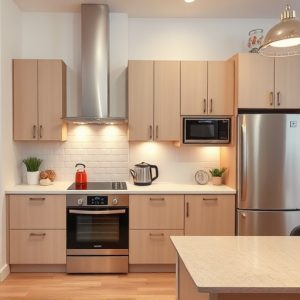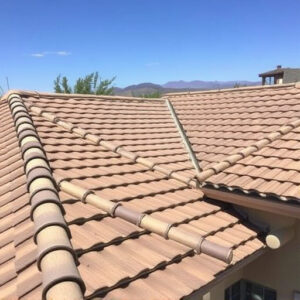Safe Cooking: A Comprehensive Guide to GE Oven and Range Repair
GE oven and range issues commonly arise from faulty components like heating elements, igniters, or t…….
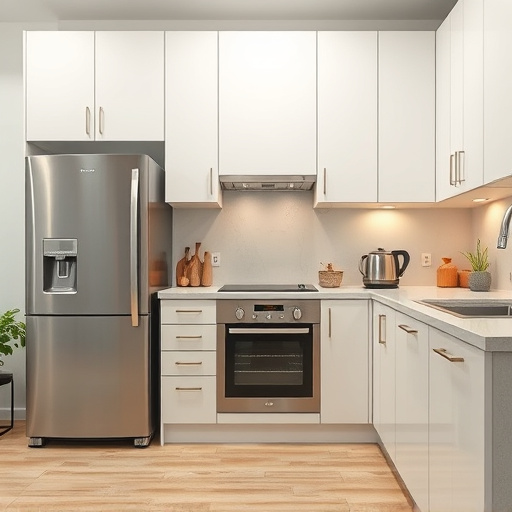
GE oven and range issues commonly arise from faulty components like heating elements, igniters, or temperature sensors, control boards, door closure problems, or poor airflow. Safety precautions are paramount before repairing these appliances, including shutting off power and gas, wearing protective gear, evacuating flammable materials, and ensuring proper ventilation. This guide offers step-by-step repairs for DIYers, emphasizing power safety and troubleshooting tips for common issues. For complex problems, consult a professional technician to avoid damage and ensure safe cooking operations.
Ensuring Safe Cooking: A Comprehensive Guide to GE Oven and Range Repair
Ge ovens and ranges are staple components of many kitchens, powering countless meals and gatherings. However, like all appliances, they can develop issues over time. This guide addresses common problems plaguing GE ovens and ranges, offering essential safety precautions before attempting any repairs. We demystify basic troubleshooting with a step-by-step approach, and highlight when professional assistance is indispensable to maintain your kitchen’s safety and functionality.
- Understanding Common GE Oven/Range Issues
- Safety Precautions Before Repairing Your GE Appliance
- Step-by-Step Guide to Basic Repairs
- When to Call a Professional for Help
Understanding Common GE Oven/Range Issues
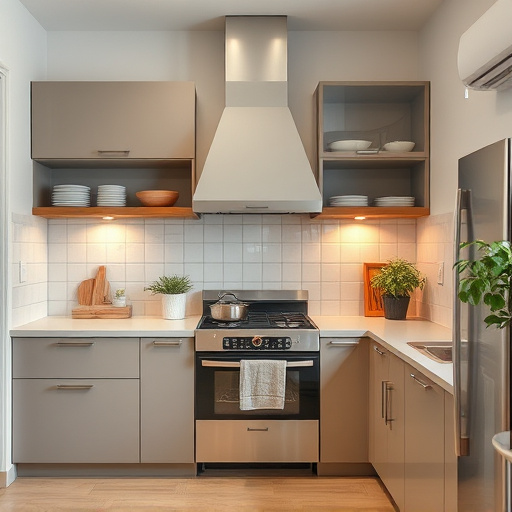
Many GE oven and range issues can be traced back to common problems like temperature control malfunction, burner not igniting, or the oven not heating up. These are often caused by faulty components such as heating elements, igniters, or temperature sensors. Another frequent issue is a malfunctioning control board, which can prevent the oven from receiving power or accurately setting the desired temperature.
Some models may also experience problems with door closures, causing the oven light to stay on constantly. Poor airflow due to blocked vents or a dirty exhaust system can lead to overheating and other safety concerns. It’s crucial to identify these issues early for safe cooking operations and to prevent more serious problems from arising.
Safety Precautions Before Repairing Your GE Appliance
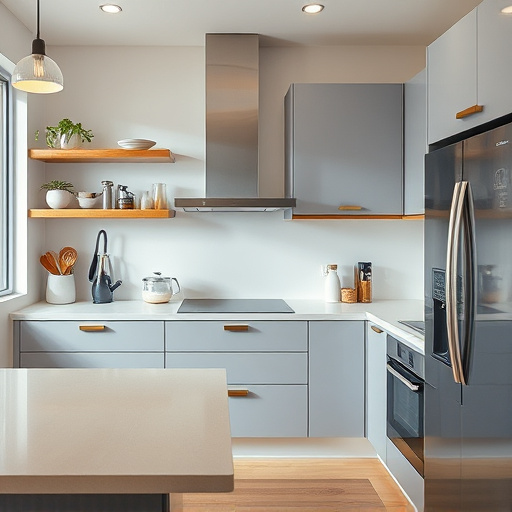
Before attempting to repair your GE oven or range, it’s paramount to prioritize safety measures to ensure no harm comes to you or your property. First and foremost, turn off both the gas supply and electricity to the appliance at the main control panel. This simple step can prevent any potential accidents during the repair process. It’s also crucial to wear protective gear, including gloves and safety glasses, to safeguard yourself from any sharp edges or hot surfaces that may be exposed.
Evacuate any flammable materials from the immediate vicinity of the appliance to mitigate fire hazards. Additionally, ensure proper ventilation in the area to avoid inhaling harmful fumes that might be released during certain repair procedures. By adhering to these safety precautions, you create a safer environment for both yourself and your home while you embark on repairing your GE oven or range.
Step-by-Step Guide to Basic Repairs
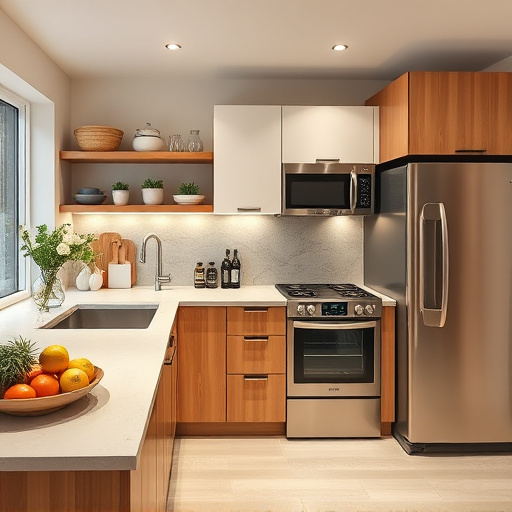
When it comes to GE oven and range repair, tackling basic issues yourself can be a rewarding process, ensuring your kitchen remains functional and safe. Here’s a straightforward guide for DIY enthusiasts. Start by turning off the power supply to your appliance at the circuit breaker or fuse box. This is essential for your safety. Next, unplug the oven or range and allow any residual heat to dissipate completely.
Begin with simple checks; inspect wires for damage, replace any frayed or loose connections, and ensure gas lines are securely fastened. For electrical issues, check fuses and circuit breakers, replacing as needed. If your oven doesn’t heat up, verify the temperature setting and consider cleaning the temperature sensor. In case of an odd smell or smoke, check for burned food residue and clean the oven thoroughly.
When to Call a Professional for Help
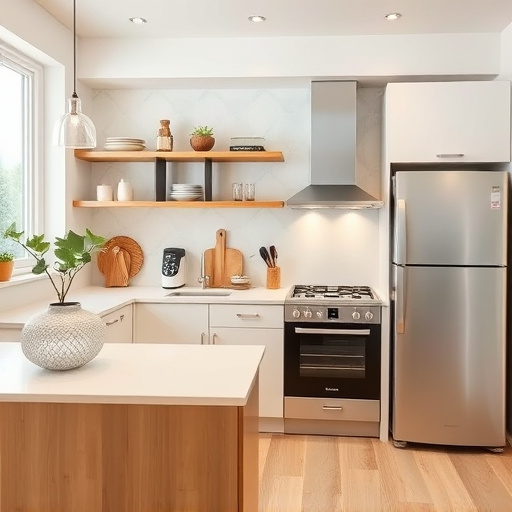
If you’ve tried troubleshooting common issues with your GE oven or range and still can’t seem to get them working properly, it’s time to consider calling in a professional. While DIY repairs can be satisfying, some problems require specialized knowledge and tools that only a trained technician possesses.
Additionally, certain safety features are in place for good reason. If you suspect electrical issues, gas leaks, or damage to intricate components, it’s best to leave the repair to an expert. They have the expertise and experience to diagnose complex problems accurately and make safe repairs, ensuring your cooking operations can resume without putting yourself or your home at risk.
In ensuring safe cooking operations, understanding common issues and taking necessary safety precautions are paramount when repairing your GE oven or range. While basic repairs can often be handled with the right tools and guidance, there are times when professional assistance is required. By following the steps outlined in this article, you’ll be better equipped to maintain your appliance and enjoy worry-free cooking experiences. Remember, a well-maintained kitchen appliance is key to creating delicious meals in a safe environment.
